WHO: Swiss teens are too sedentary
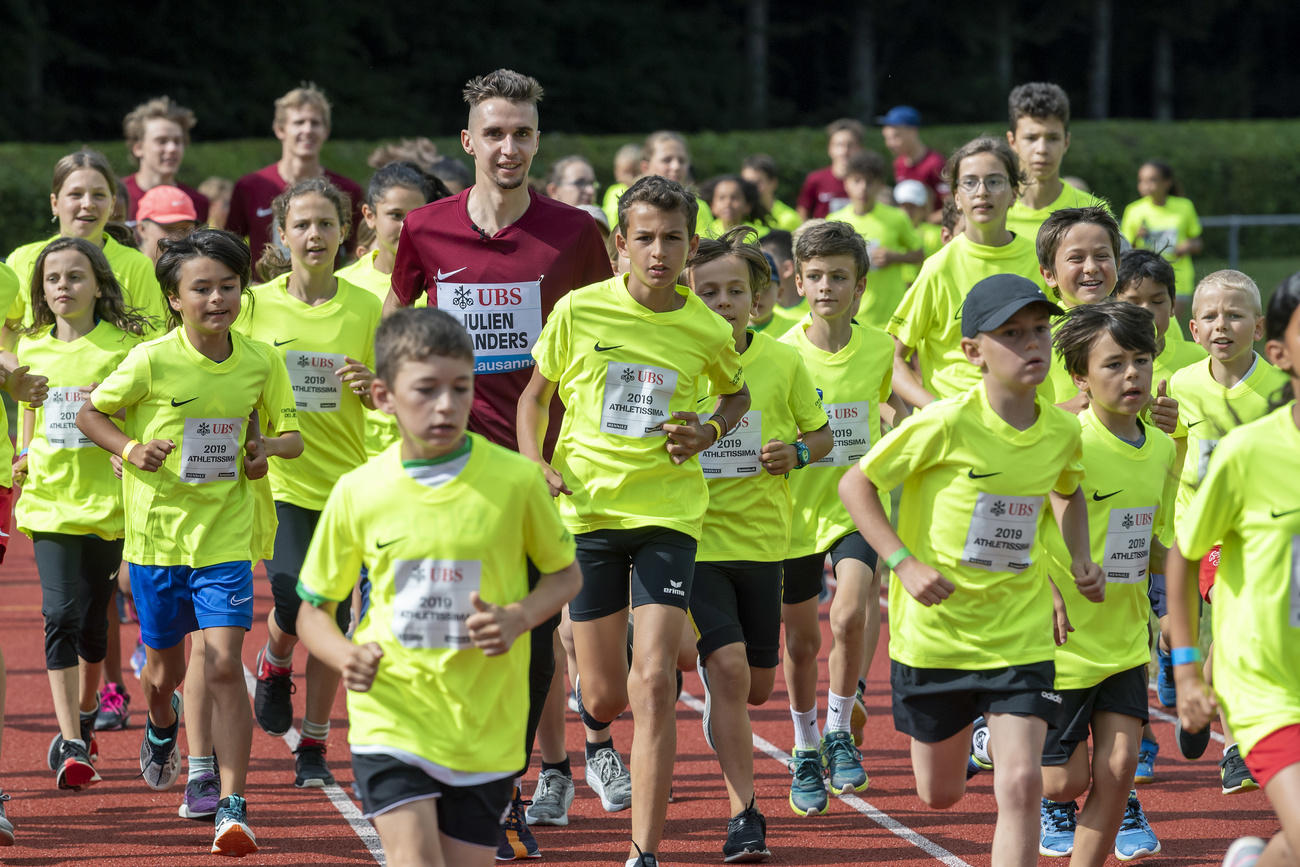
Teenagers worldwide - including the Swiss - are jeopardising their health by failing to get enough exercise, a World Health Organization (WHO)-led study released on Friday has warned.
The study, based on data from 1.6 million people in 146 countries, found that more than 80% of adolescents aged between 11 and 17 did not meet a WHO recommendation for at least an hour of physical activity a day.
Among Swiss teens, the figures were worse: just over 85% of did not meet sporting activity recommendations.
The worst offenders were however in South Korea at 94.2%; the most active young people were in Bangladesh at 66.1%.
It found that 82.5% of Swiss boys and 89.1% of Swiss girls did not do enough sport in 2016, according to the WHO study, published in The Lancet Child & Adolescent
Health journal. This is a slightly higher rate than in 2001, especially among the boys.
Globally girls are more inactive than boys, with 85% of girls and 78% of the boys surveyed failing to hit the daily exercise target.
iPhones and gaming
“Four in every five adolescents do not experience the enjoyment and social, physical, and mental health benefits of regular physical activity,” said Fiona Bull, a specialist in activity and health and a co-author of the work.
She urged policymakers worldwide to “act now for the health of this and future young generations”.
Leanne Riley, a WHO expert on non-communicable diseases and co-author, said sedentary behaviour may be due in part to a recent rapid expansion in digital technology that means young people spend more time on phones, tablets and other screens.
“We’ve had this electronic revolution that seems to have changed adolescents’ movement patterns and encourages them to sit more, to be less active, to drive more, walk less, (and) be less active in general,” she told a news briefing.

In compliance with the JTI standards
More: SWI swissinfo.ch certified by the Journalism Trust Initiative

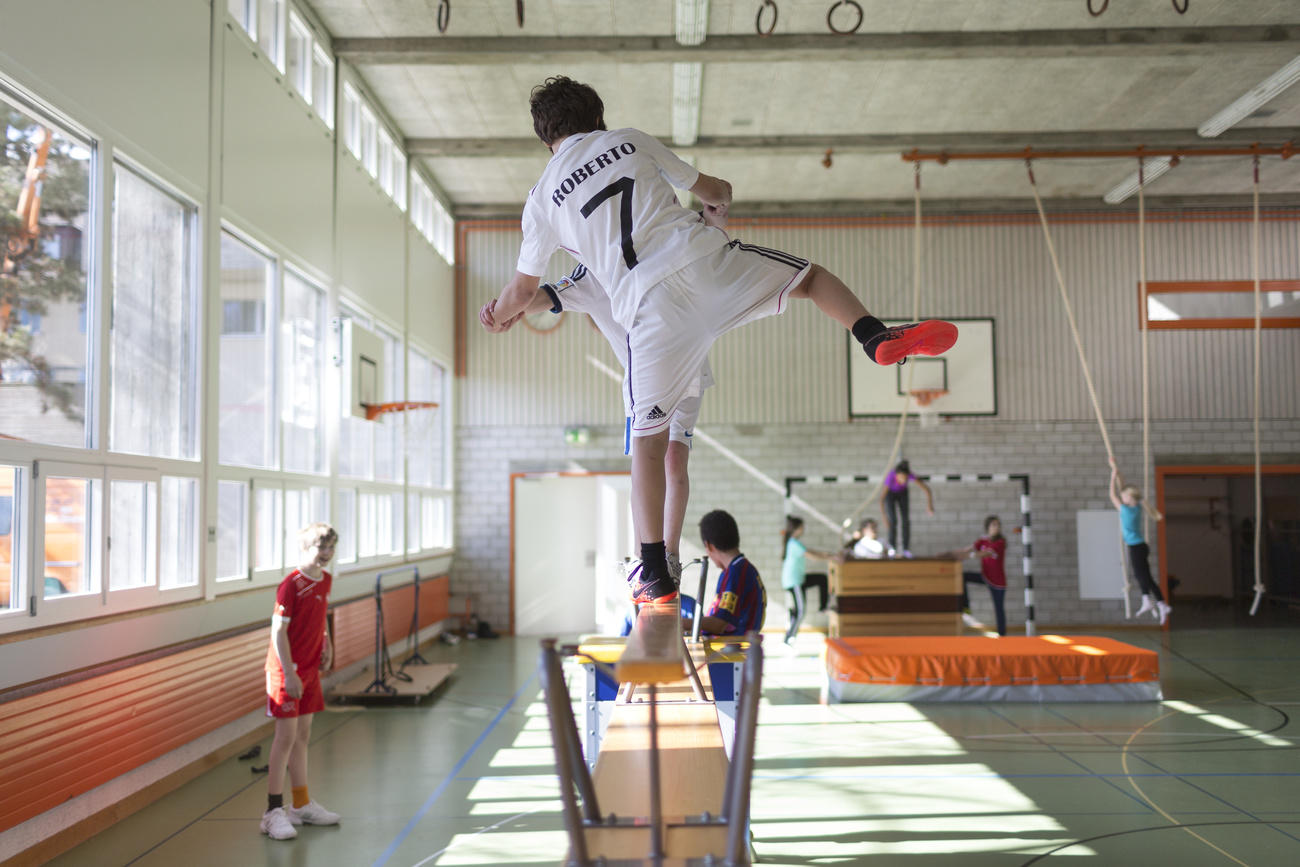
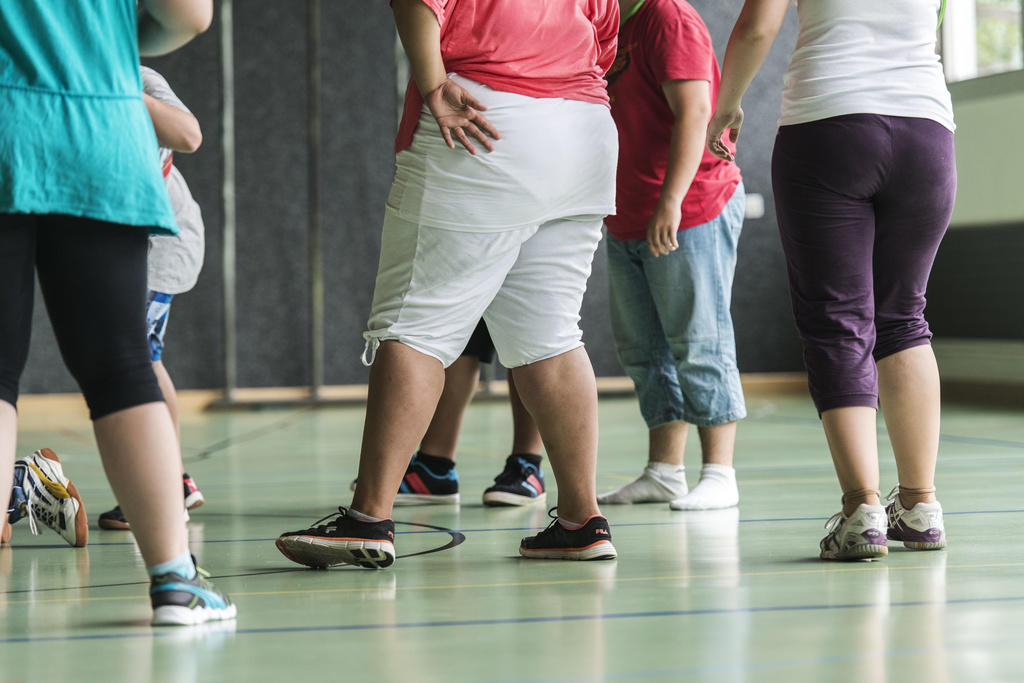
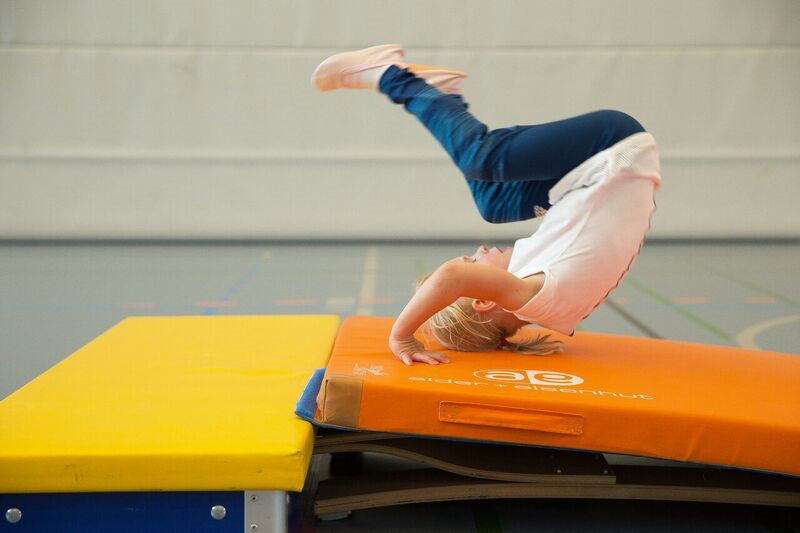

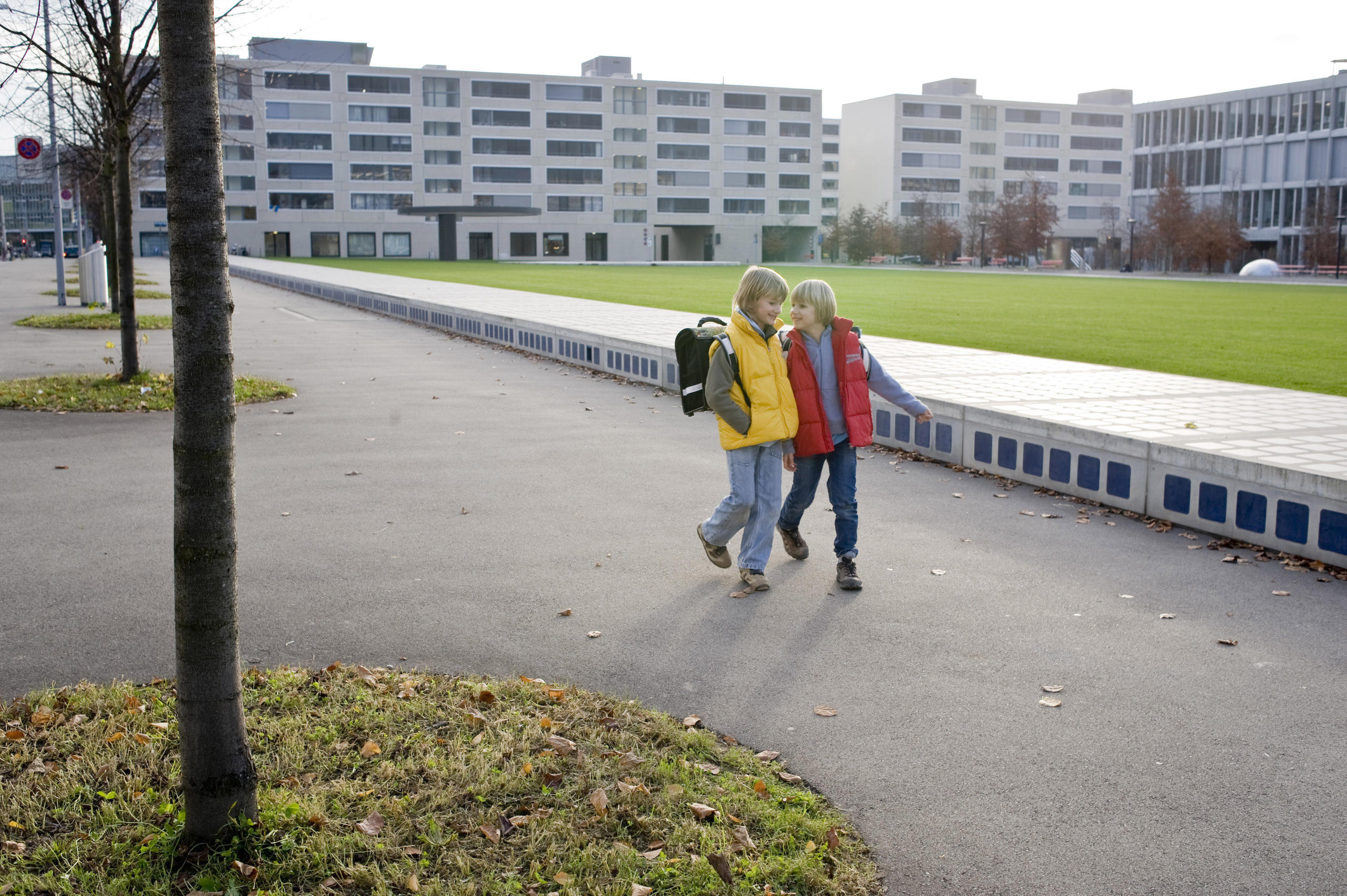
You can find an overview of ongoing debates with our journalists here. Please join us!
If you want to start a conversation about a topic raised in this article or want to report factual errors, email us at english@swissinfo.ch.